
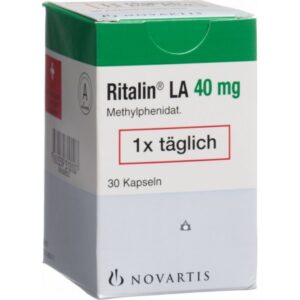
Buy Ritalin 30x 40mg Online
From $130.78
- Reference: #Ritalin-40mg
- Active substance: Ritalin Methylphenidate
- Manufacturer / Brand: Novartis Pharma GmbH

Buy Ritalin 30x 40mg Online
From $130.78
- Description
- Additional information
- Reviews (0)
Description
Ritalin is a medication primarily used in the treatment of attention deficit hyperactivity disorder (ADHD) and narcolepsy. Here’s a detailed description:
1. Active Substance: Methylphenidate
- Ritalin contains methylphenidate as its active substance. Methylphenidate is a central nervous system (CNS) stimulant that affects chemicals in the brain and nerves that contribute to hyperactivity and impulse control.
2. Classification and Mechanism of Action:
- Methylphenidate belongs to the class of medications known as psychostimulants. It works by increasing the levels of neurotransmitters, such as dopamine and norepinephrine, in the brain. This enhances focus, attention, and impulse control, making it effective in managing symptoms of ADHD and narcolepsy.
3. Medical Indications:
- Ritalin, with methylphenidate as the active substance, is primarily indicated for the treatment of attention deficit hyperactivity disorder (ADHD) in children and adults. It is also used off-label in the treatment of narcolepsy, a neurological disorder characterized by excessive daytime sleepiness and sudden episodes of sleep.
4. Dosage and Administration:
- Ritalin is available in various formulations, including immediate-release tablets, extended-release capsules, and chewable tablets. The dosage and administration schedule vary depending on factors such as the patient’s age, weight, medical condition, and response to treatment. It is typically taken orally once or twice daily, with or without food.
5. Manufacturer / Brand:
- Ritalin is manufactured by Novartis Pharma GmbH, a pharmaceutical company known for producing a wide range of medications. It may be marketed under different brand names or formulations, depending on the country.
6. Side Effects:
- Common side effects of Ritalin may include insomnia, decreased appetite, weight loss, headache, irritability, and nervousness. Some patients may also experience increased heart rate, elevated blood pressure, or gastrointestinal disturbances. Serious side effects such as allergic reactions or psychiatric symptoms are rare but may occur.
7. Precautions:
- Ritalin should be used with caution in patients with certain medical conditions, such as heart disease, hypertension, glaucoma, or a history of substance abuse. It is essential to inform the healthcare provider about any pre-existing medical conditions or medications being taken to avoid potential interactions or complications.
8. Drug Interactions:
- Ritalin may interact with other medications, including monoamine oxidase inhibitors (MAOIs), tricyclic antidepressants, and selective serotonin reuptake inhibitors (SSRIs). It is important to inform the healthcare provider about all medications, supplements, and herbal remedies being taken.
Ritalin, containing methylphenidate, is a widely used medication for the management of ADHD and narcolepsy. The decision to use Ritalin, its dosage, and administration schedule are determined by the healthcare provider based on the patient’s specific needs, symptoms, and response to treatment. As with any medication, it is essential for patients to adhere to the prescribed dosage and follow the guidance of their healthcare provider for optimal therapeutic outcomes.
Additional information
| Quantity | 1, 5 |
|---|
Be the first to review “Buy Ritalin 30x 40mg Online” Cancel reply
Related Products

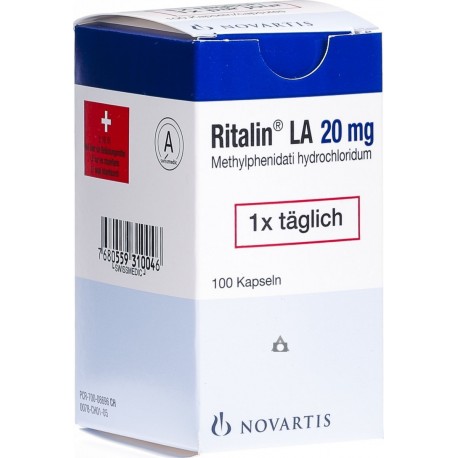
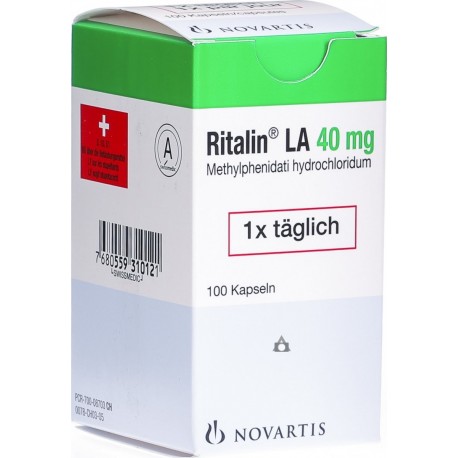
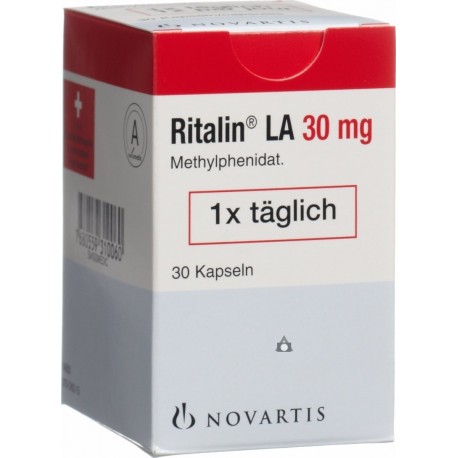
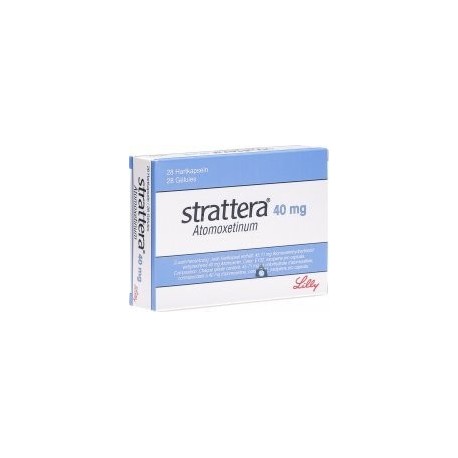


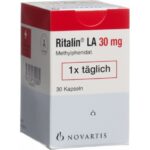
Reviews
There are no reviews yet.